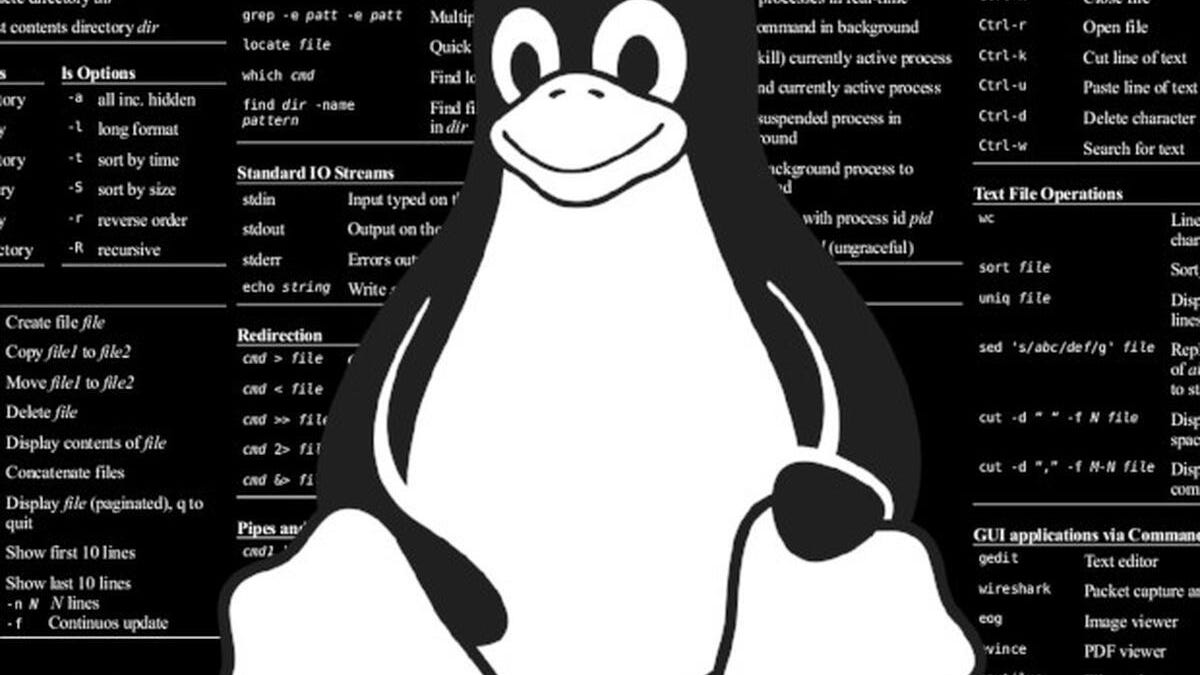AFAIK there isn't really any evidence that anyone at UMN was actually trying to get a know-bad patch into the kernel. The only patches that we know had deliberate vulnerabilities were the ones discussed in the published paper (K. Lu, Q. Wu), where they took steps to ensure the changes would never actually be merged (and submitted corrected versions of the patches after the initial 'malicious' patches had been reviewed). The later patches submitted by A. Pakki (which were the subject of the email thread where Greg KH ultimately banned UMN), don't seem to be deliberately malicious. More like he tried to write an analysis tool and either did a half-assed job testing/validating it or was trying to get the kernel maintainers/community to do the job of testing it for him. The methods of the former were questionable and the behavior of the latter was unprofessional (to say the least), and I can see why it pissed off the maintainers. But I don't see either as trying to get known-bad code into the kernel. For example, I don't think pull requests for any of these patches were ever created (which is done to start the process of getting the patches integrated in the kernel). It seems the patches were just submitted for review via email and never went further than that.
Talk by Greg KH of ripping contributions out of the kernel were referring to all patches submitted by people with umn.edu email address ever, not just the "hypocrite commit" patches, and not just the 3 people mentioned in this article.



